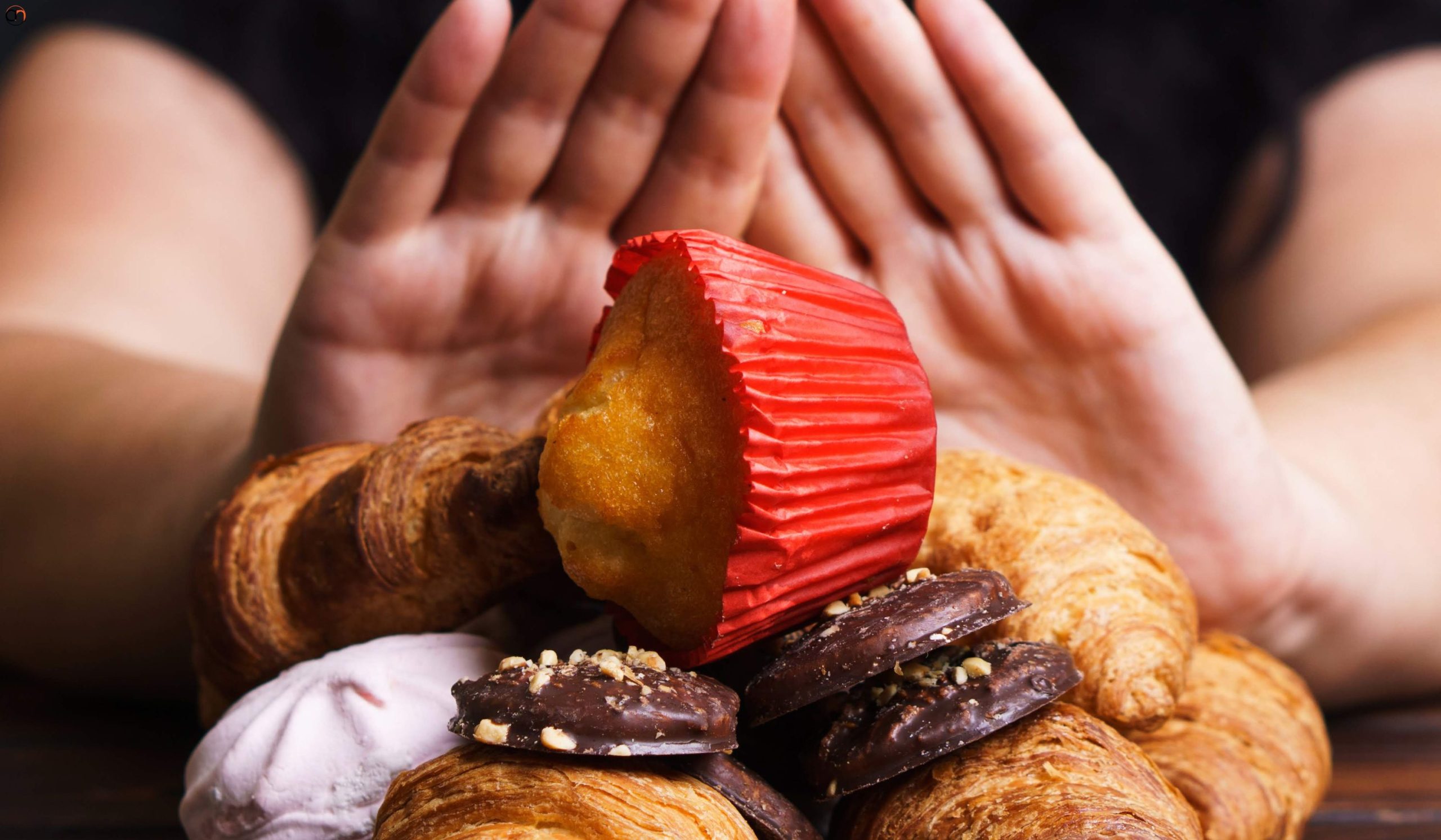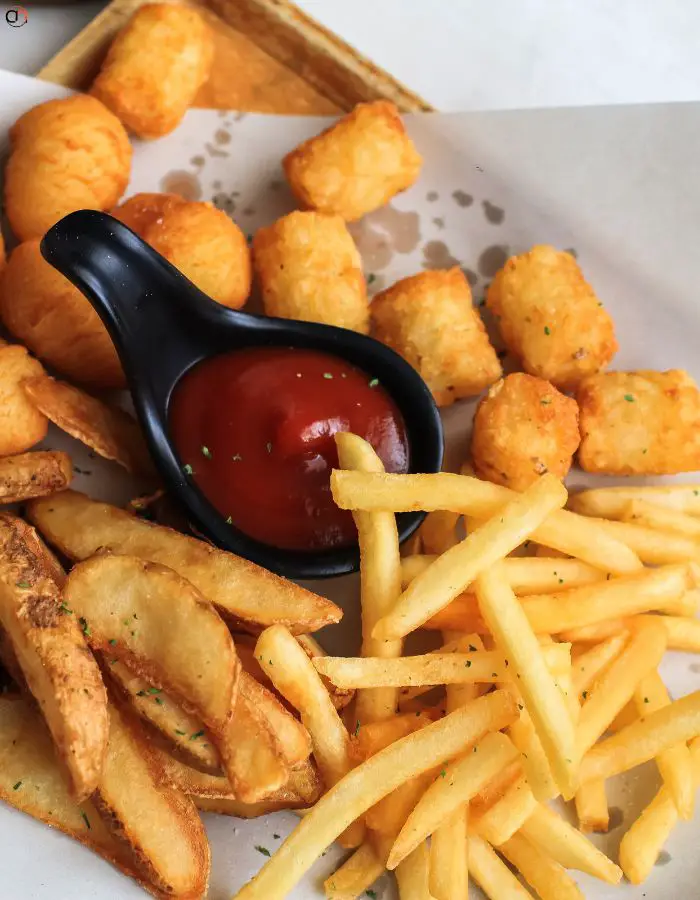Foods To Avoid When Breaking A Fast

Ramadan is a sacred month of fasting, reflection, and community for millions of Muslims worldwide. As the sun sets, families gather around the table to break their fast with an iftar meal, which should be both nutritious and delicious.
Planning a wholesome Ramadan dinner can sometimes be challenging, especially when balancing health, taste, and tradition.
If you are looking for light meals, hearty dishes, or international flavors, this blog will provide a list of foods to avoid when breaking a fast to keep your meals exciting and satisfying throughout the holy month.
Foods to avoid when breaking a fast:
Breaking a fast the right way is crucial to avoid digestive discomfort and maximize the benefits of fasting. After hours without food, your digestive system is in a sensitive state, and eating the wrong foods can cause bloating, stomach pain, or blood sugar spikes. Here are some foods to avoid when breaking a fast:
1. Processed and Sugary Foods
Pastries, candy, and sugary cereals can cause a rapid spike in blood sugar, leading to an energy crash and cravings soon after eating. Opt for whole, natural foods instead.
2. Fried and Greasy Foods
Heavy, fried foods like burgers, fries, and fried chicken can be difficult to digest and may cause bloating or discomfort. Your stomach needs gentle, easily digestible foods after fasting.
3. High-Fiber Raw Vegetables
While vegetables are healthy, raw cruciferous veggies like broccoli, cauliflower, and cabbage can be tough on an empty stomach, leading to bloating or gas. Start with cooked or softer vegetables instead.
4. Dairy Products
Milk, cheese, and yogurt can be hard to digest after fasting, especially for those who are lactose intolerant or have a sensitive gut. If consuming dairy, start with small portions.
5. Spicy Foods
Chili peppers, hot sauces, and heavily spiced dishes can irritate the stomach lining, leading to discomfort or acid reflux when breaking a fast. Stick to mild, soothing foods at first.
6. Red Meat
Steak and other red meats take longer to digest and can be heavy on an empty stomach. Leaner proteins like eggs, fish, or chicken are better options for breaking a fast.
7. Carbonated Drinks
Soda and sparkling water can cause bloating and discomfort due to trapped gas. Stick to plain water or herbal teas when rehydrating after a fast.
8. Coffee on an Empty Stomach
While many people love starting their day with coffee, drinking it immediately after fasting can increase stomach acid, leading to irritation or discomfort. Consider having a small meal before your coffee.
Best Foods to Break a Fast:
Instead of these hard-to-digest options, choose gentle, nutrient-dense foods like bone broth, avocado, eggs, lean proteins, and easily digestible fruits like bananas or watermelon. These will help ease your body back into digestion while keeping energy levels stable.
Breaking a fast properly ensures that you feel great and get the most benefits from your fasting routine. Choose your first meal wisely!
Last call:
- Ramadan dinners are an opportunity to nourish both body and soul while sharing meals with family and loved ones.
- From light appetizers to hearty mains and indulgent desserts, this blog provides diverse meal ideas to keep your iftar fresh and exciting. The key is to maintain balance, hydration, and nutrition without overindulging.
- Try out these recipes and meal ideas, and let us know which ones are your favorites!
- Do you have a special Ramadan dish that you love? Poke on Pinterest.
Read Next: 10 Sunnah Foods List
FAQs | Foods To Avoid When Breaking A Fast
Q. What is a healthy iftar meal?
A healthy iftar meal consists of dates, water, lean proteins, healthy fats, fiber-rich foods, and hydrating drinks.
Q. How can I avoid overeating during iftar? \Start with small portions, chew slowly, stay hydrated, and wait 10-15 minutes before having a second serving.
Q. What are some quick and easy iftar recipes?
Lentil soup, grilled chicken wraps, hummus with pita, and fruit chaat are great quick options.
Q. How can I make traditional Ramadan dishes healthier?
Opt for baking instead of frying, use whole grains, include more vegetables, and control portion sizes.
Q. What drinks help with hydration during Ramadan?
Water, coconut water, laban, herbal teas, and fresh fruit juices help maintain hydration.
Enjoy a blessed and delicious Ramadan!






